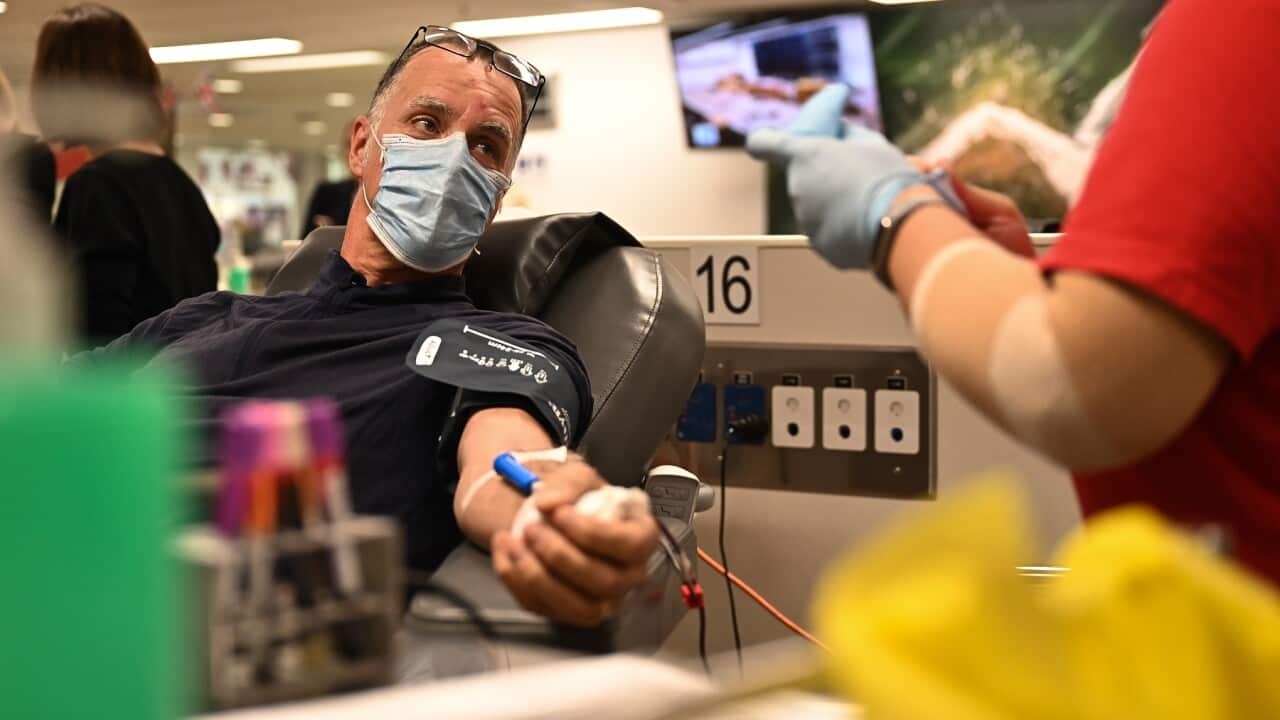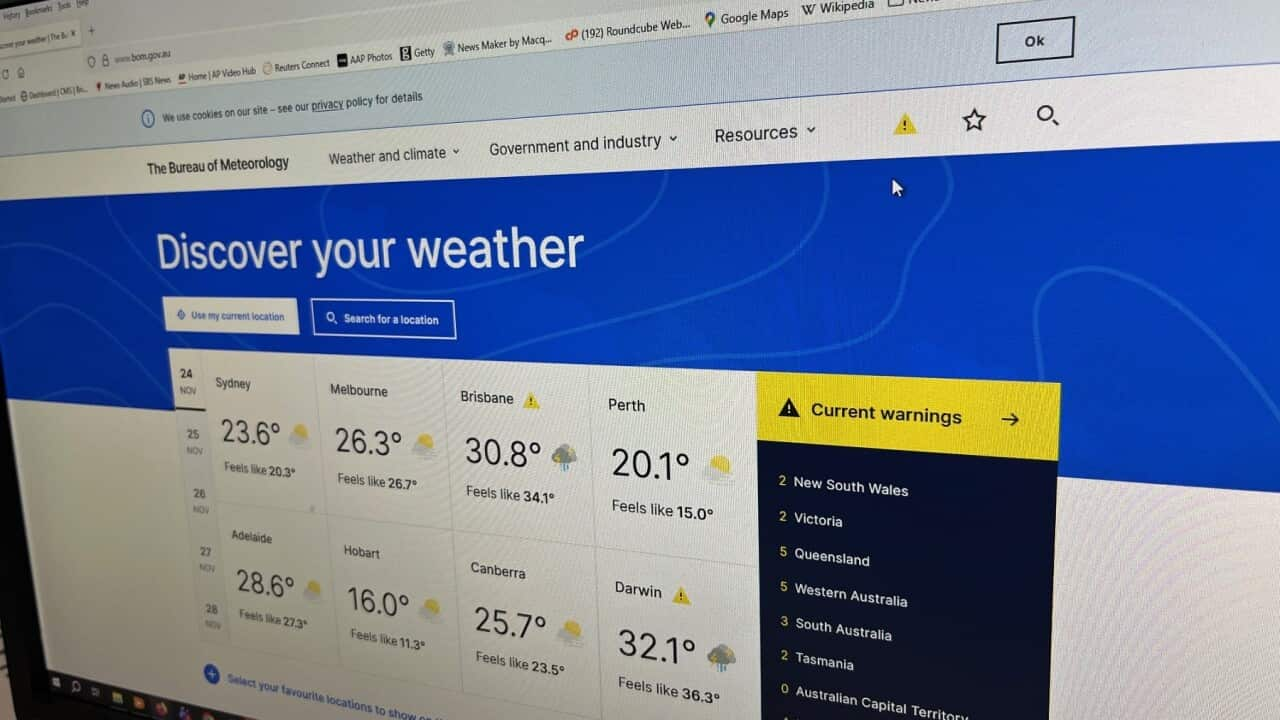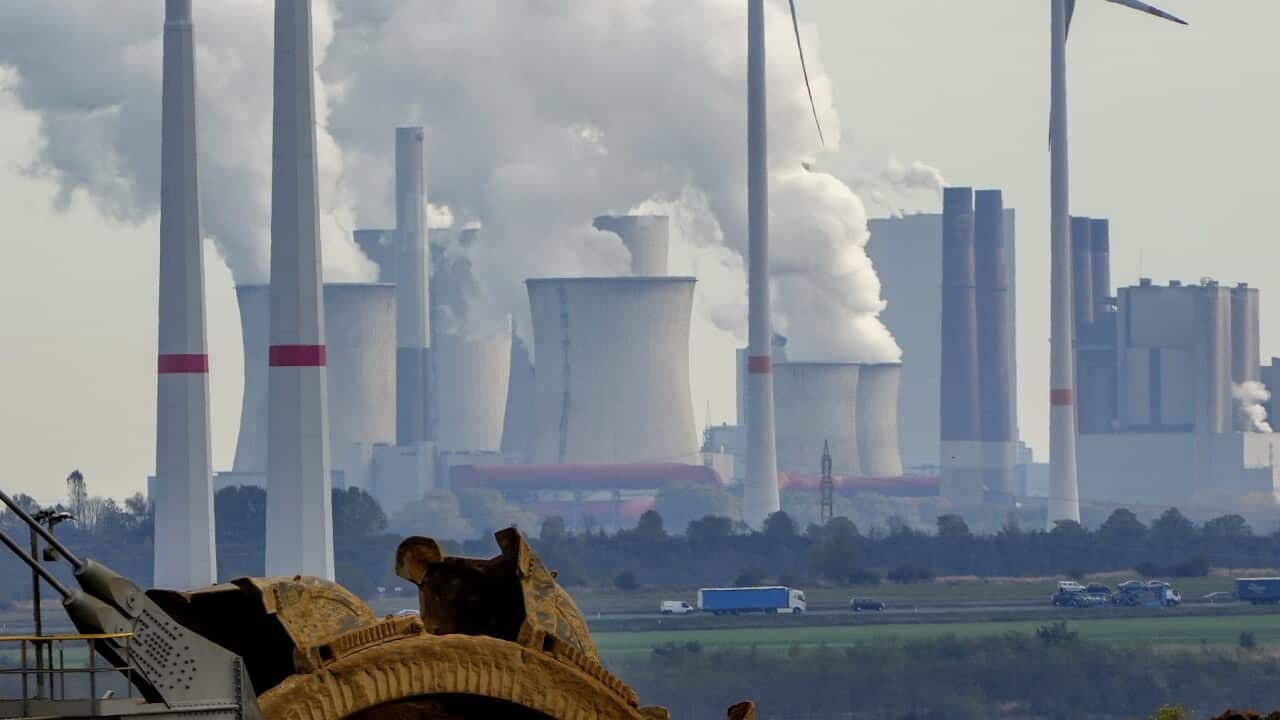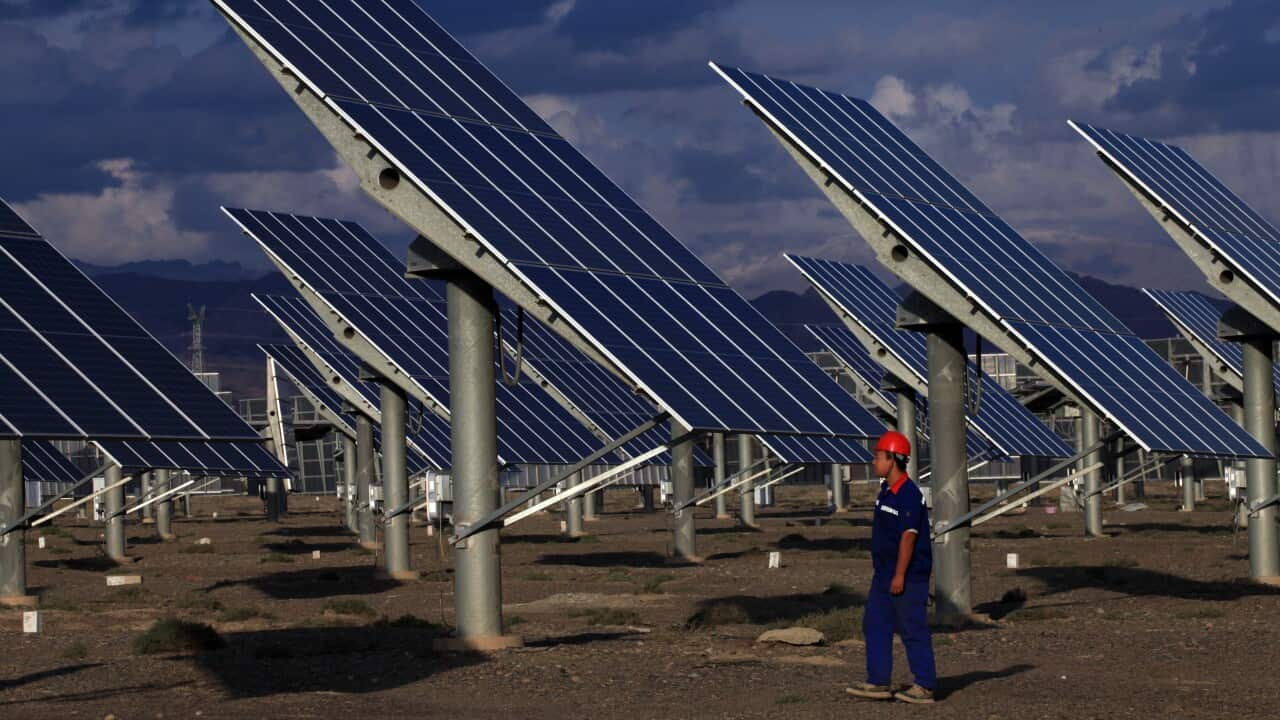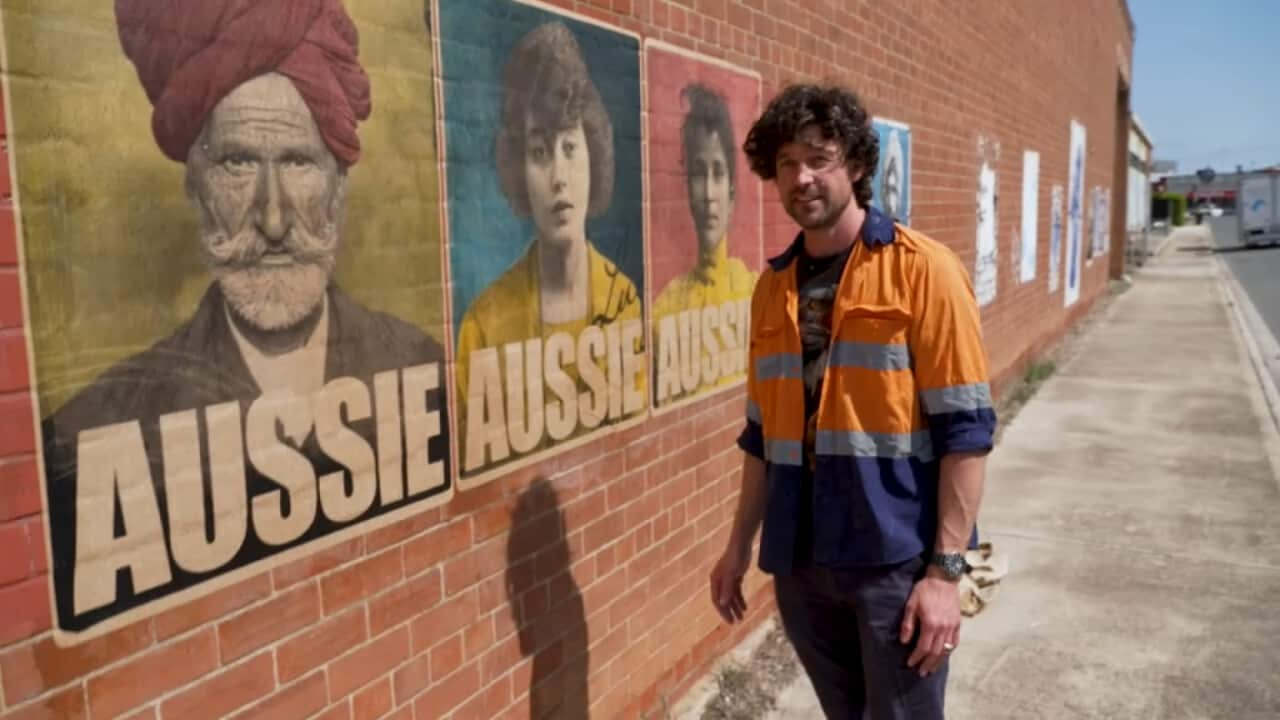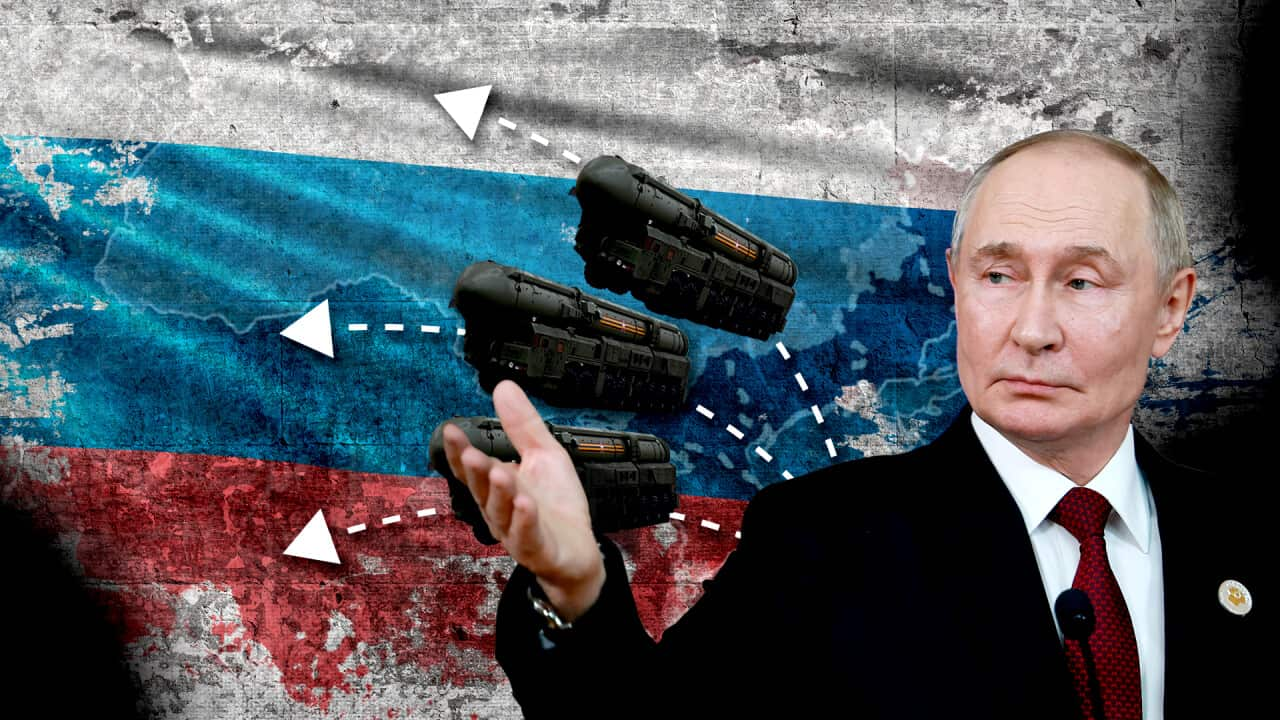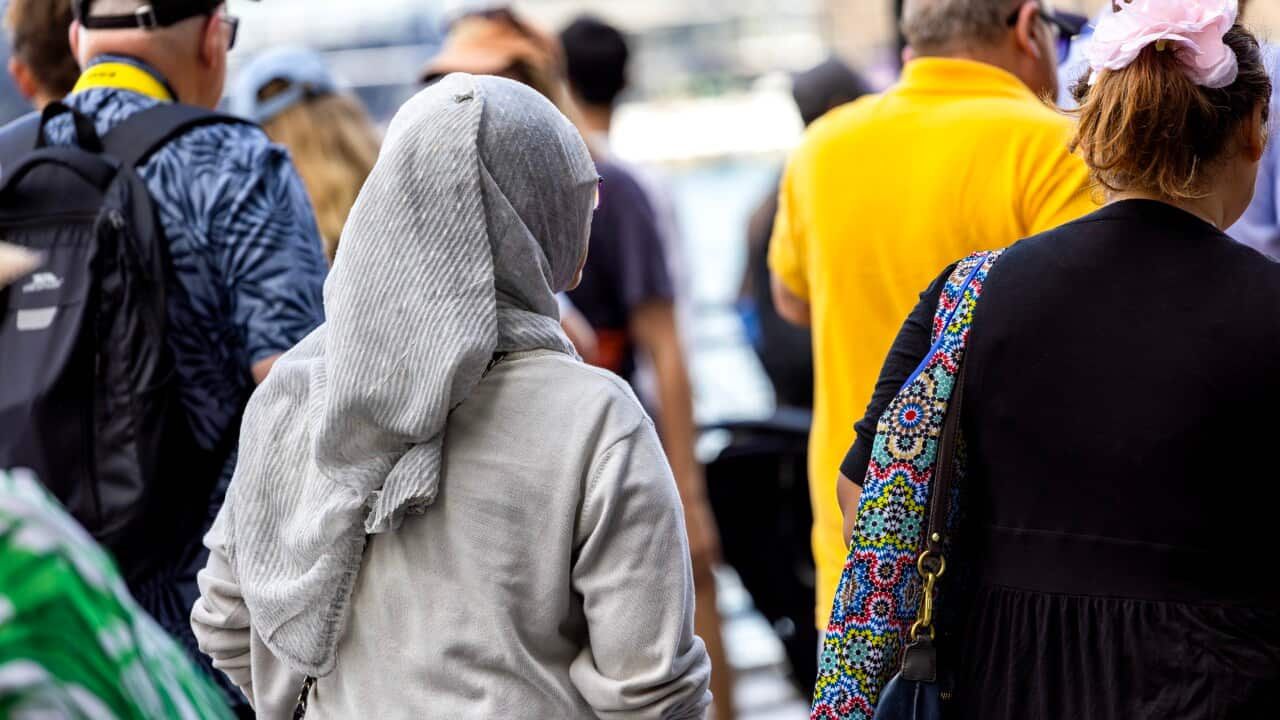TRANSCRIPT
The Yarra Ranges is a shire that lies to the east of Melbourne.
It's a largely rural and often picturesque place.
But Peter, a resident for the past 10 years, says it's also relatively isolated in terms of transport.
"There's no public transport out here since the train finished in 1945. Here your only alternatives are self-transport - either you drive a car, you ride your bike, you put your thumb out and hitch a ride. There's no bus service other than a school bus. Taxi service is not really available. It's ten kilometres to town, so it's a decent walk."
Peter is a volunteer with a group called EV Strengthening Communities, which has been conducting a community transport trial in the Upper Yarra to drive around residents who are aged or disabled and might need help getting to where they need to go.
The group's Marnie O'Loughlin says they have combined their own funding with a grant from the Department of Transport to bring people together, in the hope it will make a difference and become a permanent service.
"Social isolation is huge. And I think as you start to move away from the urban areas you experience that a lot more... And we have a little saying in EV as well, is that community happens in the cars. You know, the conversation that happens between people and that exchange - whether it's 5 minutes, 10 minutes, half an hour or more - can really make a difference in people's lives."
The community transport service is one of a number of groups to be found across Australia, in large and smaller forms.
In Perth, Mission Australia have hosted a Christmas in the Park lunch for the past 48 years for the homeless population of Western Australia.
Event Manager Georgina Westgarth says hundreds of volunteers help organise and manage every aspect of the lunch, including a carepack for the homeless who attend.
"Those care packs include non-perishable food items and also personal care items. What many people don't realise is lots of the food services available in Perth are actually closed on Christmas Day and Boxing Day. So, it's really important that the extension of the event is those care packs, to tide people over for those two days."
An estimated 5 million people volunteer for groups like this across Australia every year, with people from culturally and linguistically diverse communities more likely to volunteer informally in their community, rather than formally through an organisation.
And the need for volunteers can peak at Christmas time.
Marnie O'Loughlin says that's because some of her group's volunteers have family commitments, but there's also an increase in those who use the service wanting to access events in the community.
It's a common problem for organisations across Australia - especially at Christmas time.
The Red Cross has issued its regular call for volunteers to donate blood.
CEO Stephen Cornellisen AM says an extra 830 donations a day are needed across the country between December 22 and January 2 to meet hospital demand for patients - but regular donors aren't always available.
"Only 1 in 30 Australians donate (blood). One in three of us need blood or blood products in our lifetime, 1 in 30 donate, three percent of our country. We are relying on those a lot, and they of course take a break over Christmas as well."
Marnie O'Loughlin says COVID is a big part of the challenge to get enough volunteers.
"We haven't returned to pre-COVID numbers. At the moment, in terms of on the road, we have 70 drivers. But we've exceeded our capacity. So, to be able to generate more volunteers would be fabulous. The ideal number for us would be about 100 volunteers."
But besides the pandemic, there's also a paradox, where people have gradually found they have less time and opportunity to give back because they are struggling themselves to cope with the cost of living.
Marnie O'Loughlin says for her organisation, flexibility is key.
"It's always important to explore what volunteering looks like. I think traditionally volunteering was very set in the way that it looked and it was very set in times. And that has certainly changed quite dramatically where we realise that people don't necessarily have the time but do have the desire. So, if someone comes to us to volunteer we certainly explore what time do you have. So, in the example of driving, you may not have all day to drive but you may have a couple of hours that you may be able to do once a week or once a fortnight for us."
For Peter from the Yarra, becoming a volunteer is a decision he's never regretted.
"You know, being retired now I have time available so it's good to give something back to the community. And if you're helping people that are in need, then what better thing to do."
